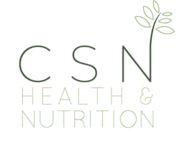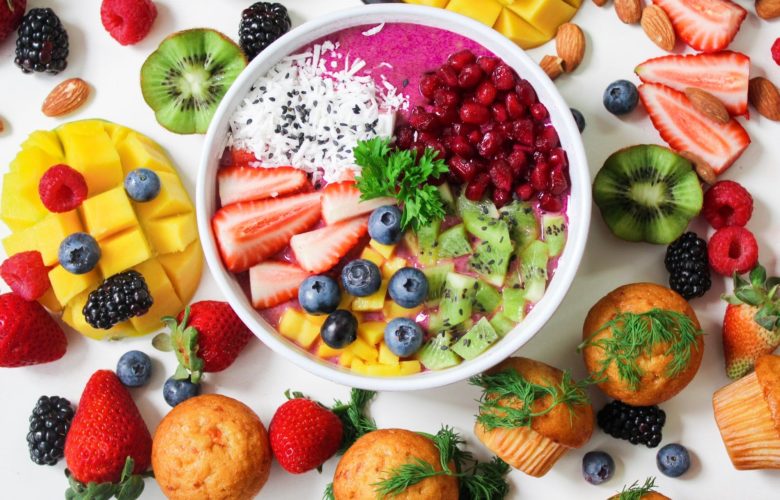GETTING TO THE GUTS OF THE MICROBIOME
What is the microbiome?
Microscopic organisms 99% of which live in the gut including bacteria, fungi and small parasites and viruses which live off the bacteria. Produce chemical products in response to what they feed on. They are critical for the way we digest food and for our immune systems, metabolism, mental health such as stress and depression, weight management.
The chemicals produced by the gut microbiome, which help break down foods and produce chemicals, such as serotonin, and short-chain fatty acids which they make by digesting fibre and, can affect brain function such as appetite control. They also produce vitamins such as biotin, vitamin B12, folic acid, and thiamine. Biotin, for example, contributes to the production of energy from the food we consume.
What do we need to support the microbiome?
A diet promoting gut microbe diversity, to support the production of anti-inflammatory microbes. This includes:
- Minimal consumption of processed or unprocessed foods,
- Avoidance of ultra processed foods,
- Avoidance of artificial sweeteners and emulsifiers (common ingredients in ultra-processed foods),
- Increased fibre intake (note that recommended intake for an adult is 30g per day
- Polyphenols (natural defence chemicals in plants- olive oil, dark chocolate, red wine, berries and vegetables
- Increase plant intake including seeds, nuts, herbs, spices
- Regular consumption of naturally fermented, probiotic foods
What is a probiotic?
A live bacteria or yeast which, are beneficial to human health, often found in yoghurts, kefirs and cheeses, or added to other foods. They produce a generally beneficial effect on the gut environment, although this differs from person to person, however, the more probiotics a gut has, the greater the chance of seeing benefit from them.
Foods rich in probiotics include:
- Tempeh
- Miso
- Kefir
- Kombucha (careful though, these may contain a lot of sugar and calories)
- Yoghurt
- Sauerkraut and kimchi (relations in the cabbage family from different parts of the world)
What supresses probiotics?
Artificial sweeteners are increasingly being associated with an imbalance of gut microbes although the way in which this happens is not yet fully understood.
What foods are rich in fibre?
- Wholegrain breakfast cereals, bread and pasta
- Wholegrain barley, oats and rye
- Fruits such as raspberries, pears and melon
- Vegetables such as parsnips, broccoli and carrots
- Peas, Beans, Pulses,
- Nuts and seeds,
- Potatoes with skin
Source:
https://www.healthline.com/nutrition/gut-brain-connection#section1
https://www.bmj.com/content/361/bmj.k2179 (Valdes – probiotics effectiveness)
https://academic.oup.com/advances/article/10/suppl_1/S31/5307224(effect of sweeteners on gut health)
https://www.nutrition.org.uk/healthyliving/basics/fibre.html(high fibre foods)
https://www.myfooddata.com/articles/vegetables-high-in-fiber.php(high fibre vegetables)

